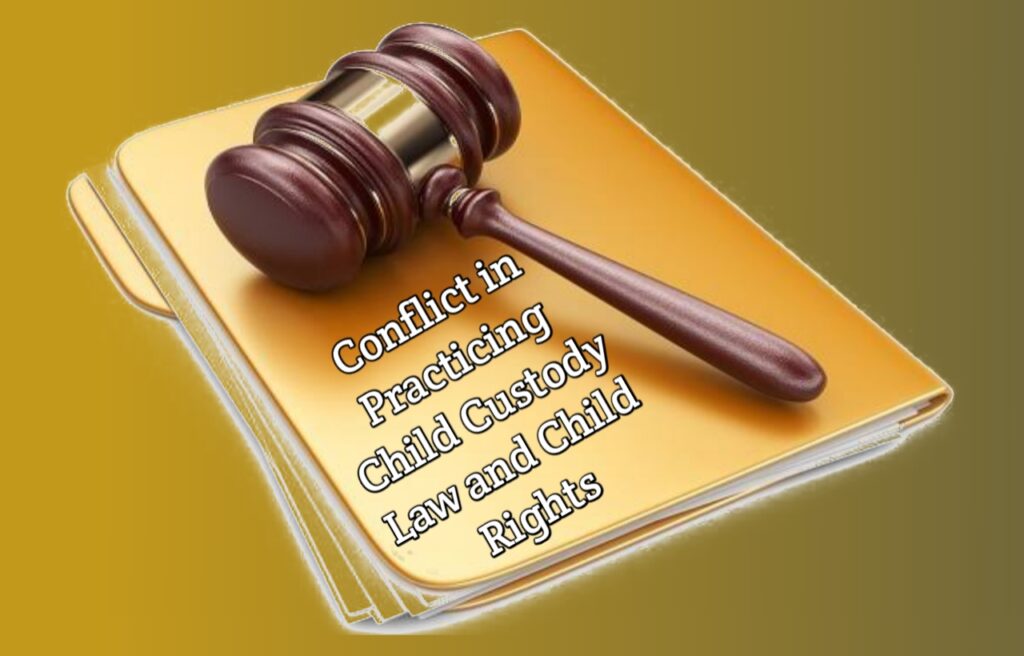In the realm of family law, particularly in custody battles, the phrase in the best interests of the child serves as both a guiding principle and an ethical compass for custody attorneys. Beyond the legal intricacies and procedural formalities, these legal professionals are tasked with navigating emotionally charged situations with a singular focus: the welfare and well-being of the child involved. At its core, the concept of the best interests of the child embodies a holistic approach that considers not only the immediate needs but also the long-term development and happiness of the child. Custody attorneys, therefore, bear a weighty responsibility to advocate for arrangements that provide stability, safety, and nurturing environments for the children under their purview. This responsibility demands a delicate balance between legal advocacy and empathetic understanding of the familial dynamics at play. One of the primary roles of custody attorneys is to facilitate constructive communication and negotiation between parents or guardians.

They serve as mediators, aiming to reach agreements that prioritize the child’s interests while respecting the rights and concerns of both parties involved and view site https://aaronholtlaw.com/humble/child-custody/. This often requires deft negotiation skills and a keen ability to identify common ground amidst contentious disputes. By fostering cooperative co-parenting arrangements, attorneys can help mitigate the emotional toll of custody battles on children and promote healthier family dynamics post-separation or divorce. However, there are instances where amicable resolutions prove elusive, and custody disputes escalate to courtroom battles. In such cases, custody attorneys must diligently advocate for their clients while remaining steadfast in their commitment to the child’s best interests. This may entail presenting compelling evidence, expert testimonies, and persuasive arguments to support custody arrangements that prioritize the child’s safety, emotional well-being, and developmental needs. Throughout the litigation process, attorneys must uphold ethical standards of professionalism and integrity, ensuring that their actions align with the overarching goal of promoting the child’s welfare. Moreover, custody attorneys play a crucial role in safeguarding vulnerable children from situations of neglect, abuse, or parental unfitness.
In cases where concerns regarding a parent’s ability to provide a nurturing environment arise, attorneys are duty-bound to advocate for measures that protect the child from harm, even if it means challenging the parental rights of their own clients. This ethical dilemma underscores the paramount importance of prioritizing the child’s safety above all else, even in the face of conflicting loyalties or legal complexities. Beyond their legal duties, custody attorneys often serve as advocates for children’s voices within the legal system. They may collaborate with guardian’s ad litem, child psychologists, and other professionals to ensure that the child’s perspectives and preferences are considered in custody proceedings. By amplifying the voices of children, attorneys can empower them to participate in decisions that directly impact their lives, fostering a sense of agency and dignity amidst familial upheaval. In essence, the ethical compass of custody attorneys is calibrated by the principle of serving the best interests of the child. Whether through amicable negotiations or rigorous litigation, legal professionals are tasked with navigating complex familial dynamics with a steadfast commitment to promoting the welfare, happiness, and future prospects of the children under their care.

